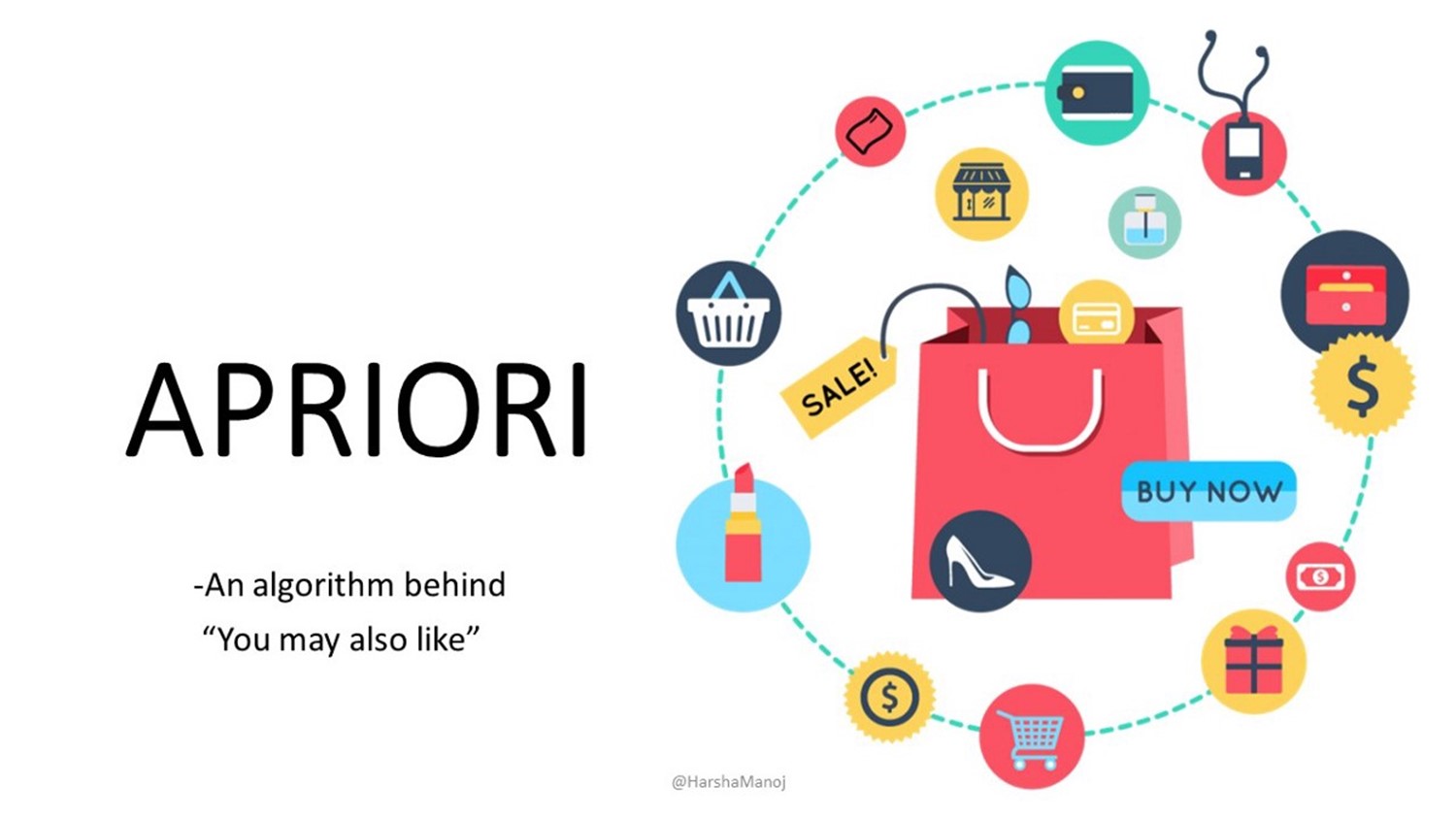
Associative learning is an ability known as associative learning. A reward is the positive value we associate to events that are in some way beneficial. As modern-day neuroscientists, the tools with which we can interrogate the function of the brain are many. A tale of discovery using these tools unfolds. It begins with the famous psychological experiments of Pavlov and his dogs. It leads us to an important computational problem: what is the principle of associative learning in brains and machines?
The striatum is special since it is a major target of the neurotransmitter dopamine. This leads to the sneaking suspicion that dopamine plays an important role in reward-based learning. This suspicion is substantiated through a series of pharmacological experiments using neuroleptic drugs (dopamine antagonists) Without dopamine the the normal function of associative learning is noticeably impeded. The implication is that dopamine is not a representation of reward in the brain.
Using optogenetic activation, dopamine neurons were selectively triggered in rats to mimic the effect of positive prediction error. This allowed a causal link between prediction errors, dopamine and learning to be established. And so goes the reward-prediction error hypothesis: ‘the fluctuating delivery of dopamine from the VTA to cortical and subcortical target structures in part delivers information’.
Auto204